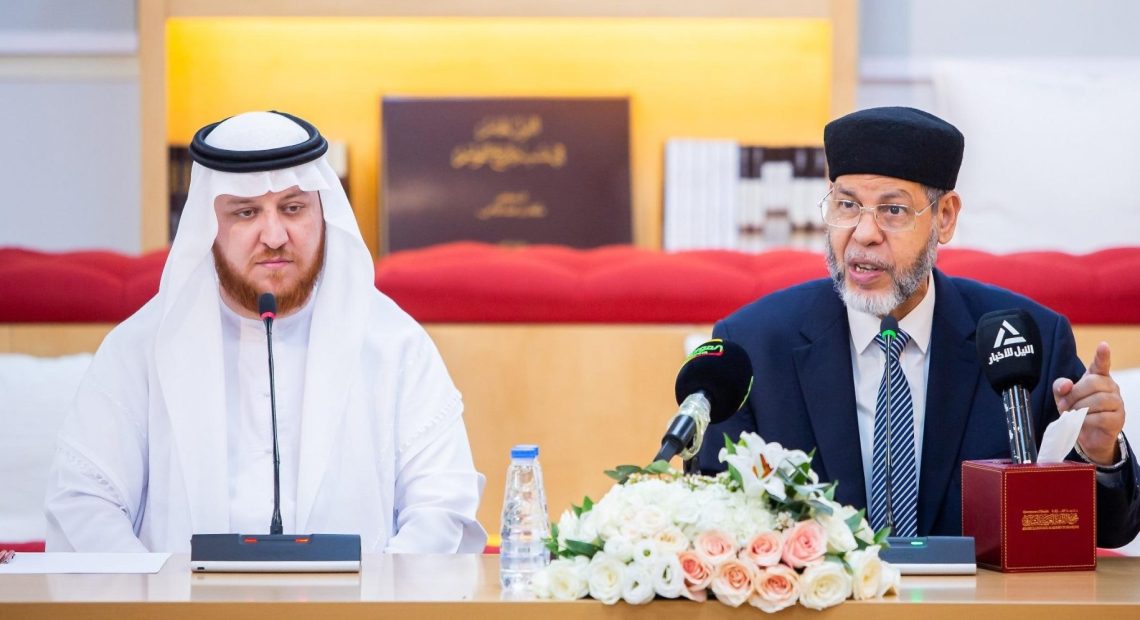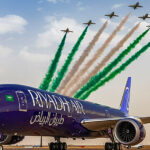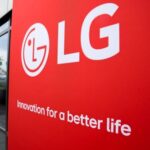Sharjah brings Arabic into the age of AI

Leads a linguistic revolution with GPT Lexicon
Sharjah emirate in the United Arab Emirates (UAE) is leading a groundbreaking initiative to position the Arabic language as a global force in the digital age.
In this context, the Arabic Language Academy in Sharjah hosted a media roundtable at the Sharjah International Book Fair on November 7, 2024, focused on the monumental ‘Historical Dictionary of the Arabic Language,’ a project that aims to preserve the linguistic heritage of the Arab world and propel Arabic into the era of artificial intelligence (AI).
The event, titled ‘The Historical Dictionary of the Arabic Language: A Civilisational Document of the Nation,’ brought together media professionals, researchers, and cultural advocates to discuss the significance of the linguistic venture and its future potential.
Dr Muhammad Safi Al-Mostaghanemi, Secretary-General of the Arabic Language Academy in Sharjah and Executive Director of the Historical Dictionary Project, opened the session by highlighting the dictionary’s cultural importance.
He described the project as more than just a linguistic archive; it is a profound civilisational effort to document the evolution of the Arabic language across centuries. “This dictionary records words and reflects our nation’s cultural and linguistic identity. It bridges our past with the present, ensuring that Arabic retains its place in global civilisation.”
Historical Dictionary
The Historical Dictionary is a comprehensive linguistic encyclopaedia that traces the origins and usage of Arabic words throughout history. The dictionary offers a rich tapestry of the Arabic language’s journey from ancient inscriptions and pre-Islamic poetry to the Quran, Hadith, and modern-day literature. This monumental work serves as both a reference for scholars and a tool to preserve the deep-rooted heritage of the Arab world.
Central to the project’s success is the support of His Highness Sheikh Dr Sultan bin Muhammad Al Qasimi, the Ruler of Sharjah, whose vision has made Sharjah a global hub for Arabic language initiatives.
Dr Al-Mostaghanemi praised Sheikh Sultan’s leadership, noting that his guidance has been instrumental in transforming the project into a reality.
“His Highness Sheikh Sultan’s commitment goes beyond financial support. His vision and involvement have created an environment where this ambitious project can thrive,” Al-Mostaghanemi said.
In-depth discussion
A vital component of the session was an in-depth discussion of the scientific methodology behind the dictionary’s creation. Bahaa Al-Din Adel Dandis, a research expert at the Academy, explained how the dictionary’s methodology meticulously tracks each word’s semantic evolution over time.

The project examines words’ historical and contextual use, offering insights into their development and meaning across different periods. For instance, the letter Alif alone contains 72,000 documented words, reflecting the immense scope and richness of the Arabic language.
A highlight of the media roundtable was the unveiling of the GPT Lexicon. This innovative AI-driven platform will revolutionise the way Arabic is learned and studied in the digital realm.
Dr Al-Mostaghanemi explained that the GPT Lexicon will make Arabic language resources more accessible and interactive. The system will use advanced AI algorithms to allow users to search for word meanings, track their historical usage, and explore their evolution across various contexts.
“The GPT Lexicon is designed to enhance Arabic’s digital presence, making it easier for people worldwide to engage with the language,” Al-Mostaghanemi said.
2025 launch
He revealed that the GPT Lexicon is currently in its final stages of development and is expected to launch in 2025.
Some of the platform’s key features include interactive search capabilities, where users can ask questions about word origins and meanings; word evolution tracking, which shows how words have changed over time; and contextual analysis, which offers deeper semantic insights based on historical texts.
Additionally, the system will continuously improve its accuracy by learning from user interactions, making it an ever-evolving tool for Arabic language learners and researchers.
The Arabic Language Academy in Sharjah also announced the launch of a digital version of the Historical Dictionary, which will be available online and through mobile apps. This digital edition promises to make the dictionary’s vast content easily accessible to users worldwide, ensuring that the richness of the Arabic language is just a click away.
Dr Al-Mostaghanemi said that the digital version is not just a reference tool but an interactive platform that encourages users to engage with Arabic in new and dynamic ways.
Despite the excitement surrounding these innovations, Dr Al-Mostaghanemi acknowledged the challenges faced in completing the project. He highlighted the extensive collaboration required with linguistic academies across the Arab world and international institutions to access rare manuscripts.
“One of the biggest hurdles was sourcing authentic texts, but with the collective effort of many scholars and institutions, we have ensured that the dictionary is accurate and comprehensive,” he said.
The Historical Dictionary also can potentially reshape education in the Arab world. Dr Al-Mostaghanemi believes it can be an essential tool for Arabic language instruction, offering students a deeper, more nuanced understanding of their language’s history and structure. “This is not just a reference work; it’s an educational resource that will help shape the future of Arabic learning,” he noted.
As the roundtable concluded, Dr Al-Mostaghanemi called on academic and cultural institutions across the Arab world to support the project and integrate its resources into their curricula.
“The Historical Dictionary is not just a book; it is a civilisational project that ensures Arabic’s future remains strong and vibrant for generations to come,” he concluded.
Featured image: (L-R) Bahaa Al-Din Adel Dandis, a research expert at the Arabic Language Academy in Sharjah and Dr Muhammad Safi Al-Mostaghanemi, Secretary-General of the Arabic Language Academy in Sharjah and Executive Director of the Historical Dictionary Project, address the media roundtable at the Sharjah International Book Fair on November 7, 2024. Credit: Arabic Language Academy
Last Updated on 4 months by News Desk 2












